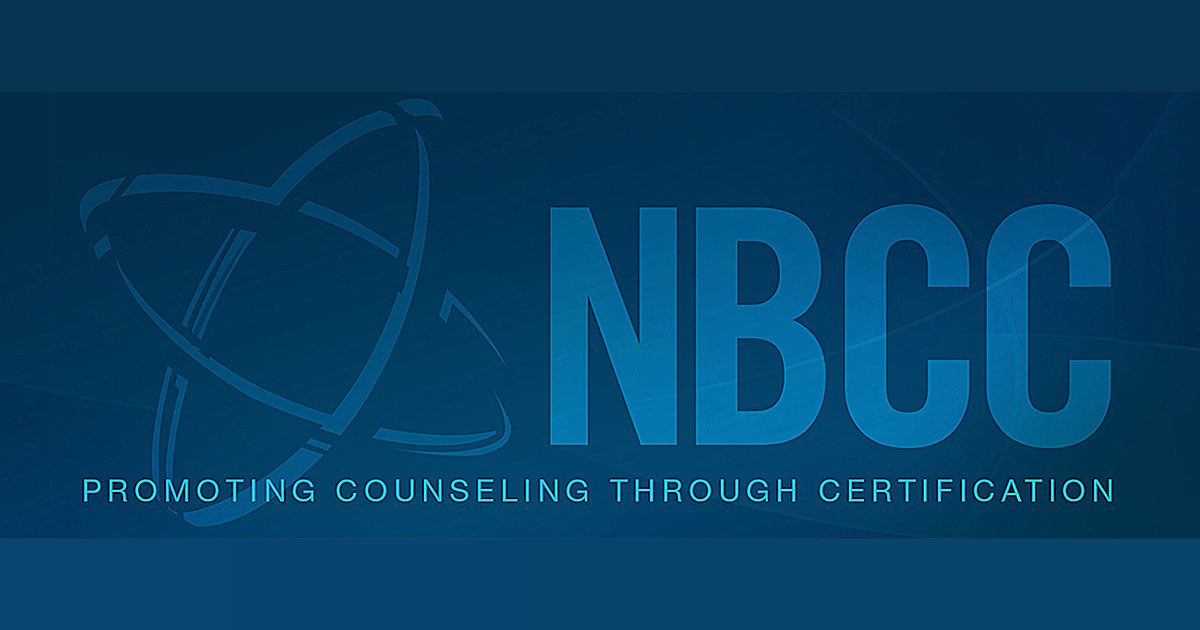When embarking on a journey to become a National Certified Counselor (NCE), the right study guide can be your compass, helping you navigate through the vast sea of knowledge and skills required for success. In this comprehensive guide, we'll take you through the ins and outs of NCE preparation, providing valuable insights and tips to ensure you're well-equipped for the exam. Whether you're a seasoned professional looking to advance your career or a fresh graduate aiming to break into the counseling field, this article will serve as your go-to resource for mastering the NCE.
Understanding the NCE
In the ever-evolving landscape of mental health and counseling, the role of a National Certified Counselor (NCC) has become increasingly important. The National Certified Counselor (NCE) credential, awarded by the National Board for Certified Counselors (NBCC), signifies a counselor's commitment to high standards of ethical practice and competence in the field of counseling.
The Role of a National Certified Counselor
National Certified Counselors play a vital role in the mental health and counseling profession. They are trained professionals who help individuals, couples, and families deal with various personal and emotional challenges. NCCs can be found in a variety of settings, including schools, private practices, community agencies, and mental health facilities. Their work involves assessment, diagnosis, treatment planning, and ongoing support to help clients achieve their goals and improve their overall well-being.
The Significance of NCE Certification
Obtaining the NCE certification is a significant achievement for counselors. It sets a high standard for professionalism, competence, and ethical practice in the field.
Here are some key reasons why NCE certification is important:
- Recognition of Expertise: NCE certification is a recognized indicator of a counselor's expertise and competence. It demonstrates that a counselor has met rigorous educational and training standards.
- Ethical Commitment: NCCs adhere to a strict code of ethics, which includes principles such as confidentiality, client welfare, and cultural competence. This commitment to ethical practice is crucial in building trust with clients.
- Professional Development: To maintain NCE certification, counselors must engage in ongoing professional development. This ensures that NCCs stay current with the latest research, techniques, and best practices in the field.
- Employment Opportunities: Many employers in the mental health field prefer or require NCE certification when hiring counselors. It can enhance job prospects and open doors to various career opportunities.
The Significance of a Comprehensive Study Guide
A well-structured study guide can be your north star during your NCE preparation journey. It provides a roadmap, breaking down the extensive syllabus into manageable sections while offering strategies to tackle different question formats. A reliable study guide is like a knowledgeable companion, offering insights, practice questions, and tips that align with the exam's format and content.

Key Components of an Effective NCE Study Guide
- Detailed Content Review: A top-tier study guide should encompass all the essential topics outlined in the NCE syllabus. Whether it's assessment and testing, group counseling, or research and program evaluation, a comprehensive content review forms the foundation of your preparation.
- Practice Questions: Theory is essential, but practice makes perfect. Look for a study guide that offers a plethora of practice questions mirroring the actual exam format. This not only helps you become familiar with the question style but also enhances your time-management skills.
- Answer Explanations: Clear and concise explanations for both correct and incorrect answers provide invaluable insights into your strengths and areas needing improvement. These explanations help you grasp concepts you might have overlooked and reinforce your understanding of the subject matter.
- Test-Taking Strategies: A strategic approach is key to conquering any exam. A well-crafted study guide will equip you with effective test-taking strategies, helping you manage your time, navigate tricky questions, and stay calm during the exam.
Tips for Navigating Your NCE Preparation
- Create a Study Schedule: Design a study plan that aligns with your commitments and learning style. Consistency is key; dedicate specific time slots for studying and stick to them.
- Break It Down: Divide the extensive syllabus into smaller, manageable sections. Tackling one topic at a time prevents overwhelm and ensures comprehensive coverage.
- Utilize Additional Resources: While a study guide forms the core of your preparation, don't hesitate to supplement it with other resources such as textbooks, online courses, and interactive study groups.
- Simulate Exam Conditions: As the exam day approaches, simulate actual exam conditions by taking practice tests under timed conditions. This builds your confidence and familiarity with the test environment.
Navigating Exam Day with Confidence
- Prioritize Sleep and Nutrition: Ensure you're well-rested and nourished on exam day. A fresh mind and body contribute significantly to your performance.
- Read Instructions Carefully: Thoroughly read the instructions provided before diving into the questions. A clear understanding of how to approach the exam prevents unnecessary mistakes.
- Manage Your Time: The NCE is a time-sensitive exam. Allocate a specific amount of time to each question, and if you're stuck on a particularly challenging question, move on and come back to it later.
- Stay Calm: It's natural to feel nervous but remember that you've prepared diligently. Take deep breaths if you feel anxious and approach each question with a clear mind.
The Aftermath
Waiting for Results After completing the exam, there's a waiting period for your results. Use this time to relax, reflect on your journey, and refrain from overthinking your performance. Regardless of the outcome, remember that the NCE is just one step in your counseling career, and there are various paths you can take.
Conclusion
Embarking on the journey to become a National Certified Counselor through the NCE exam is a significant undertaking. A well-structured study guide, combined with dedication and effective study strategies, can greatly enhance your chances of success. Remember that your preparation journey is an opportunity for growth and learning, allowing you to deepen your understanding of counseling concepts and skills. So, keep your compass pointed toward success, and with the right tools in hand, you'll confidently navigate the seas of the NCE and emerge victorious.

Here are some frequently asked questions (FAQs) about NCE study and preparation:
What is the NCE, and why is it important?
The National Certified Counselor (NCE) is an examination designed to evaluate the knowledge, skills, and competencies of individuals aspiring to become certified counselors. It covers a wide range of counseling topics and is a crucial step toward becoming a recognized professional in the field.
Why do I need a study guide for the NCE?
A study guide serves as a roadmap for your NCE preparation. It breaks down the extensive syllabus into manageable sections, offers practice questions, and provides valuable insights into the exam's format and content. A well-structured study guide can significantly enhance your chances of success by guiding your study efforts effectively.
Are there additional resources I can use alongside a study guide?
Absolutely! While a study guide is essential, consider supplementing your preparation with textbooks, online courses, interactive study groups, and educational websites. These resources can provide different perspectives and reinforce your understanding.
How can I manage time effectively during the actual exam?
Time management is crucial during the NCE. Allocate a specific time to each question, and if you're stuck on a difficult one, move on and return to it later. Reading instructions carefully and staying calm will also contribute to effective time management.
What should I do if I feel anxious on exam day?
It's normal to feel nervous but remember that you've prepared thoroughly. Take deep breaths to calm your nerves. Trust in your preparation and approach each question methodically. Focus on one question at a time to maintain clarity.






